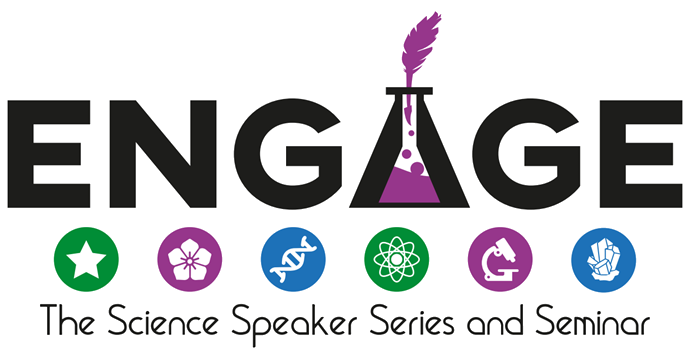Can Indian spices treat baby brain injury?
I was supposed to be a July baby, but instead I came out in May. At thirty-two weeks, all of my organs were fully developed except for one: my lungs hadn’t yet produced the chemicals to allow themselves to expand and collapse with each breath, so doctors kept me in the NICU for a month. My mom remembers my birth as scary and stressful, but sadly, her experience is becoming more common. Prematurity is on the rise in the US and around the world, affecting about one in ten babies. Unfortunately, the cause of prematurity is still a scientific mystery, making it hard for a treatment to be developed.
Although the causes of premature birth are unknown, its effects can be devastating. It is one of the leading causes of death in young babies. Survivors of prematurity have an increased risk of neurodevelopmental diseases like cerebral palsy, epilepsy, and intellectual disability. They are even more likely to develop later-in-life diseases like hypertension, type 2 diabetes, and cardiovascular disease. In my research, I ask two big questions: what do all of these diseases have in common? And how can prematurity be linked to these problems?
One surprising element shared among these diseases is inflammation. Inflammation is an essential process to a healthy body; it’s how the body naturally fights attackers with its immune system. When the threat is short-term, the immune system responds by sending increased resources to the disease site and sending signalling chemicals throughout the body. This can cause a cascade of events, from activating specific defense cells (see image) to inducing fevers, swelling, and pain. Once the threat is eliminated, the immune system resets and the signalling chemicals are removed. However, if the immune system can’t eliminate the threat, it is then in a chronic state of activation. This type of chronic inflammation is observed across diseases, from severe brain injuries to heart attacks, strokes, and diabetes.
Prematurity, too, can be linked to inflammation. In some cases, maternal inflammation triggers an early labor and delivery. Our hypothesis is that the activated maternal immune system “teaches” the baby’s immune system to become hypersensitive to perceived threats. This response could persist for years, making preterm survivors more vulnerable to diseases with chronic inflammation. But if the baby’s immune system can be reset at an early age, the long-term vulnerabilities may be prevented as well.
Scientists, including my colleagues and I, are studying new ways to stop or reduce inflammation in premature babies. One of my recent experiments tested a promising medicine called curcumin-- you may be more familiar with it as “turmeric,” the yellow spice-- because of its anti-inflammatory properties. In animals with neonatal brain disease, treatment with curcumin effectively slowed inflammation and reduced the final injury severity. Our future studies will examine whether this treatment helps the animals recover from a later-in-life brain disease-- like a premature kid getting a concussion from soccer or football many years later.
The future of anti-inflammatory medicine might come from herbs and spices like curcumin, or from more complex components designed to calm a chronically activated immune system. In any case, I am hopeful for these results; after all, I might need this medicine sooner than I think!
Andrea Joseph is a Chemical Engineering graduate student at the University of Washington. She studies the brain’s natural defense systems and how they go awry in disease. These changes are important to consider when designing new treatments that target the brain.


